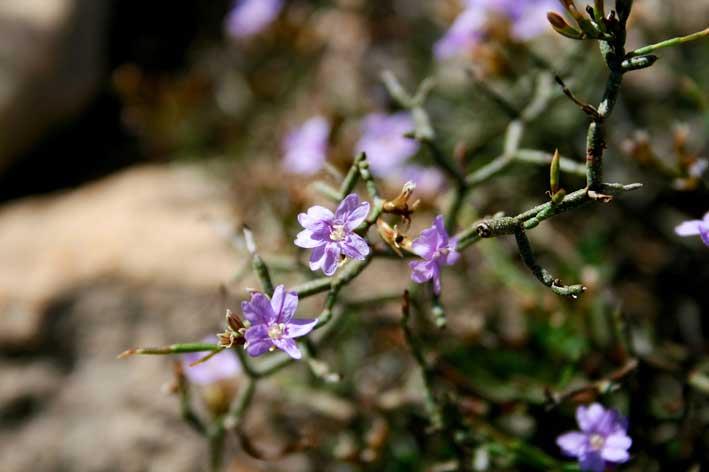Over 150 students, professionals and researchers attended the University of Malta, Department of Biology's 2014 Biology Symposium. Mr Leo Brincat, Minister for Sustainable Development, the Environment and Climate Change, Prof. Richard Muscat, pro-rector for Research and Innovation, Prof. Charles Sammut, dean of the Faculty of Science and Dr Joseph A. Borg, head of the Department of Biology, contributed to the opening session. Mr Brincat acknowledged the significant contributions of the Department of Biology to biological research and its efforts to expand on the number and variety of courses offered to university students and the general public. He emphasised that courses in biology and biological research are crucial, given the need for suitably qualified professionals to work in the environmental sector, and to use knowledge gained from the latest research to strengthen Malta's capacity for implementing environmental objectives.
As in previous editions of the symposium, the annual event served to showcase undergraduate (BSc) and postgraduate (MSc and PhD) research projects undertaken at the Department. The research projects concluded in 2014 feature topics in aquaculture, botany, conservation biology, genetics, marine and terrestrial ecology, marine pollution, microbiology and effects of plant extracts on biological systems, among others.

Projects on botany featured the influence of the shape and depth of freshwater rockpools on the associated aquatic plants, effects of sediment burial and water salinity on germination of wetland plants, variation in the morphology of local species of Sea Lavender Limonium spp., and production of a checklist of the vascular flora of the Maltese Islands.
Within the area of marine pollution, one project focused on the quality of sediments in the Grand Harbour, while two projects on mariculture concerned using sea cucumbers in integrated multi-trophic aquaculture and the influence of stocking density and feed regime on cultured sea bream. Projects on marine biology concerned an in-depth (PhD) study on the ecology of cobble bed habitat, an assessment of changes to local coastal fish fauna, development of a computerised guide for identifying shore and shallow water algae and assessment of the distribution and abundance of rocky shore molluscs in the Maltese Islands.
Two projects concerned use of plant extracts on germs and cancer cells; more specifically, one concerned an investigation of the influence of essential oils on bacteria, and the other assessed use of extract from grapevine waste to combat cancer cells.
Projects on genetics and molecular biology featured an investigation on X-Chromosomal Short Tandem Repeats (STR) in the Maltese population, and development and validation of a molecular method for detecting and typing Legionella.
Within the areas of conservation biology and conservation genetics, a detailed (PhD) study focused on the BluntnoseSixgill Shark Hexanchusgiseus, implications of foraging habitat used by local bat populations for conservation and phylogenetics of wrasse species.
Abstracts of the 18 projects have been published in a booklet edited by David Dandria, with a foreword by Dr Borg. Copies of the booklet may be purchased from the Department of Biology (Tel: 2340 2272). As in previous years, the 2014 Biology Symposium was partly sponsored by the Environment Protection Directorate of the Malta Environment and Planning Authority. Several of the research projects were funded by the University's Research Fund.